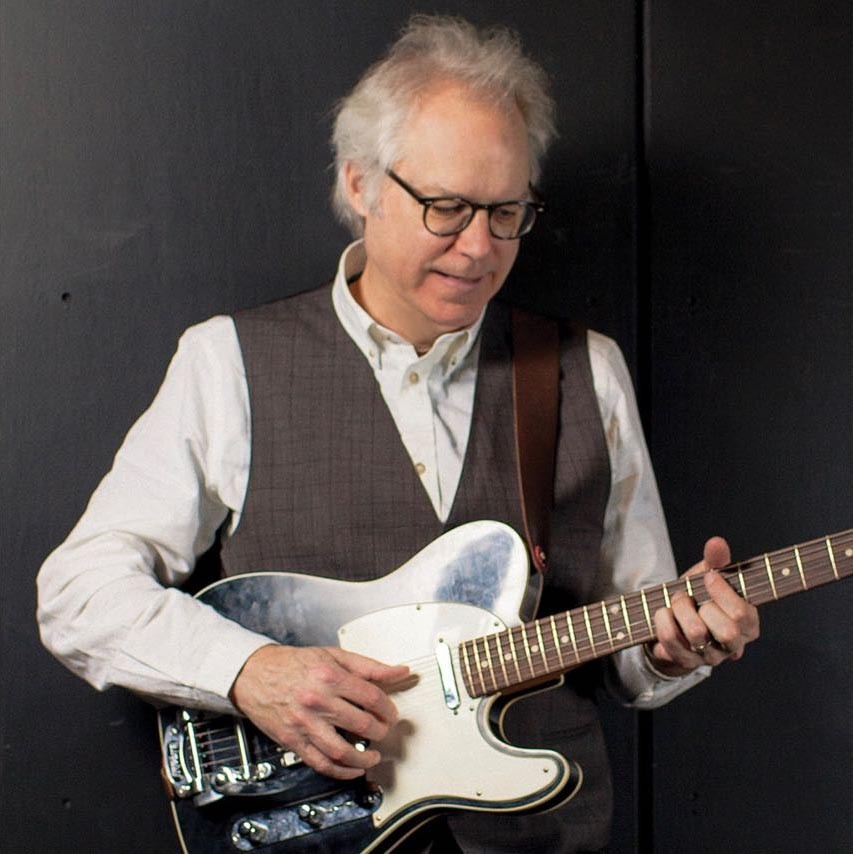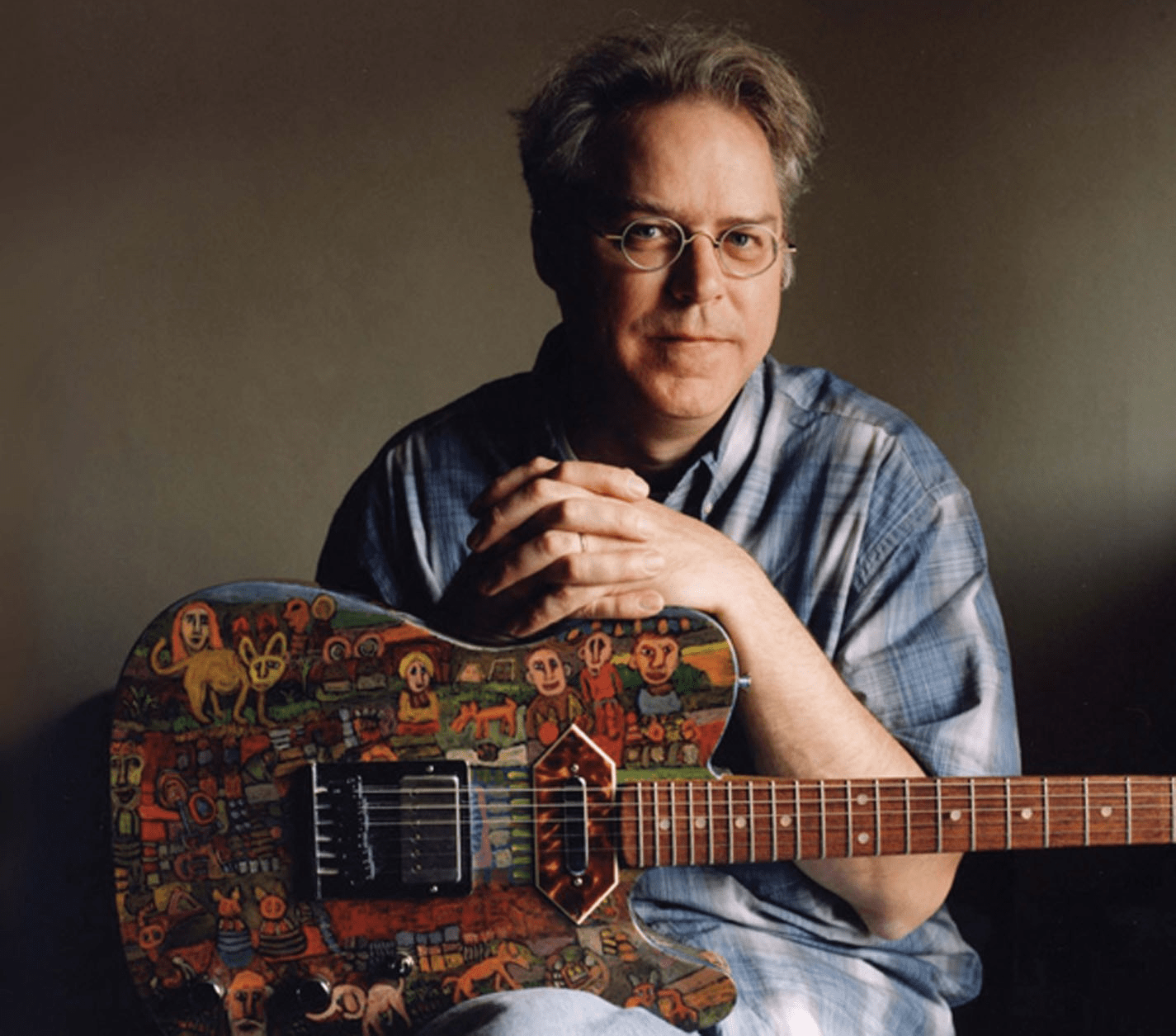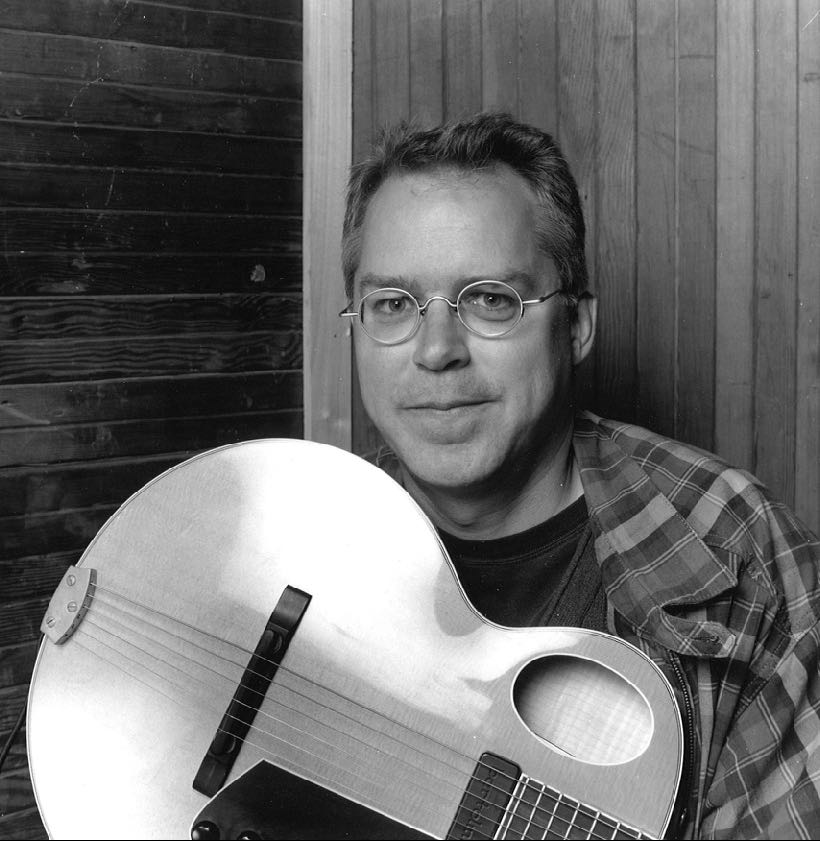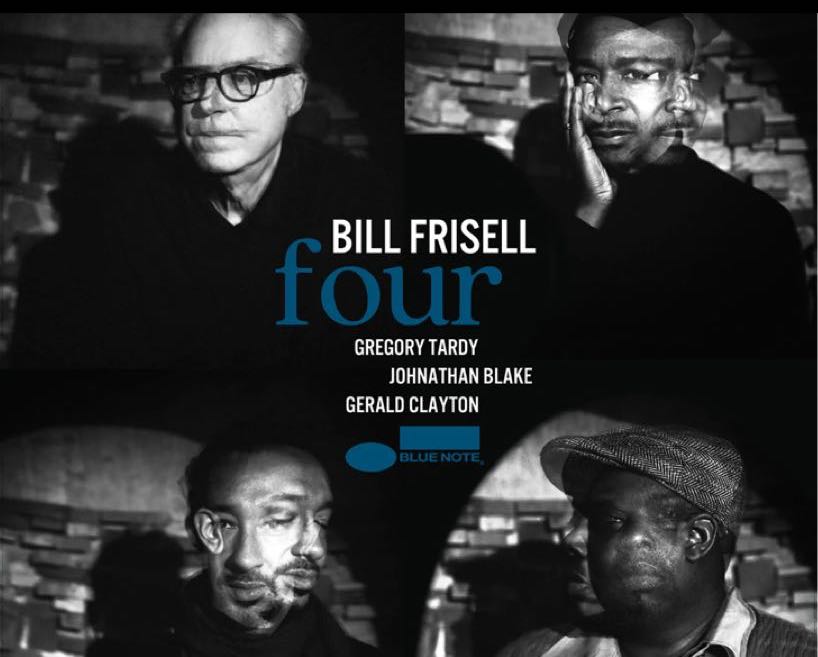Bill Frisell’s journey began in Denver, where he spent the majority of his youth.
Now, decades later, Frisell’s story is intertwined with both the history of music and the history of the state.
Now, decades later, Frisell’s story is intertwined with both the history of music and the history of the state.

Although Frisell is known as a versatile musician, he’s undeniably an icon of the jazz world. Over his long and storied career, he has worked in jazz fusion, Americana, folk-jazz, country and even classical music, showing just how far his impressive abilities extend.
Among the many defining characteristics of Frisell’s talents are his capability for improvisation and his passion for weaving thematic connections into his music.
Frisell was born in Baltimore, Maryland, in 1951, but Denver served as the backdrop to most of his youth. While his professional experience has been centered on his work as a guitarist, he started as a clarinet player.
Frisell studied with Richard Joiner of the Denver Symphony Orchestra, nurturing a growing passion for the clarinet. Simultaneously, the pop hits played on the radio served as the initial spark for his interest in guitar. His fascination rapidly grew to include the Chicago blues, and Frisell began drawing inspiration from such musical greats as B.B. King, Buddy Guy, Paul Butterfield and Otis Rush.

As noted in the biography page published on Frisell’s website, a significant turning point in his musical interests came in his teen years:
” When I was 16, I was listening to a lot of surfing music, a lot of English rock. Then I saw Wes Montgomery, and somehow that kind of turned me around. Later, Jim Hall made a big impression on me, and I took some lessons with him. I suppose I play the kind of harmonic things Jim would play but with a sound that comes from Jimi Hendrix.”
He contributed his talents to various bands, covering everything from James Brown songs to current pop. After graduating from East High School, he enrolled at the University of Northern Colorado to pursue music studies.
Musician Dale Bruning, who hailed from the Denver area, was Frisell’s first guitar teacher in college. Bruning would continue to be a significant influence throughout Frisell’s, career and remains one of the artists he cites as an inspiration today.
After Frisell graduated from UNC, he continued his studies at the Berklee College of Music in Boston. There, he worked closely with such well-known names as Jim Hall and Jon Damian, and continued to zero in on his signature style.


As with so many legendary musicians of our time, Frisell’s big break was one that seemed fueled by the forces of fate. When guitarist Pat Metheny had to miss a recording session for ECM Records, Frisell was recommended as a fill-in. Soon after, Frisell was chosen to be ECM’s in-house guitar player, a role in which he would work closely with various artists.
In 1983, Frisell released his debut solo album, In Line. The tracks featured his work as a solo guitarist and a few duets with bassist Arild Andersen. Around the same time, Frisell relocated to Hoboken, New Jersey, where he quickly leaped into New York’s flourishing jazz scene. There he met several artists that he continued working with throughout his career, including John Zorn, Paul Motian and Joe Lovano.
The 1990s saw Frisell make another big move, this time to the Pacific Northwest. He touched down in Seattle, the city where he released two of his best-reviewed albums: Have a Little Faith and This Land.
From the late 1990s to the present day, Frisell has continued to wow critics and fans alike. Several of his songs have been featured in hit films, and he has also completed work for the Walker Art Center. With dozens of notable albums, the most recent of which debuted in 2020, Frisell shows no sign of slowing down anytime soon.
2024 Colorado Music Hall of Fame | 2024 Colorado Music Hall of Fame